Accordingly, Vietnam Social Security received a petition from voters of Ho Chi Minh City sent by the Petition Committee before the 6th session of the 15th National Assembly, the content of the petition is as follows:
“Voters reflected that the salary increase for retirees is regulated to start from July 1, 2023, but they only received their salary in mid-August 2023, and the Social Insurance agency explained that it had not yet issued a timely document guiding the implementation. According to voters, this explanation is not convincing because the salary increase information was announced at the beginning of the year. Voters requested that the preservation of the Social Insurance Fund should be strictly managed. At the same time, voters requested that cases of businesses evading social insurance payments for employees be strictly handled.”
Regarding the above contents, Vietnam Social Security would like to respond as follows:
Firstly, regarding the content "Voters reflect that the salary increase for retirees is regulated to start from July 1, 2023, but they will not receive their salary until mid-August 2023, the Social Insurance agency explained that it has not issued a timely document guiding the implementation. According to voters, this explanation is not convincing because the salary increase information has been announced since the beginning of the year":
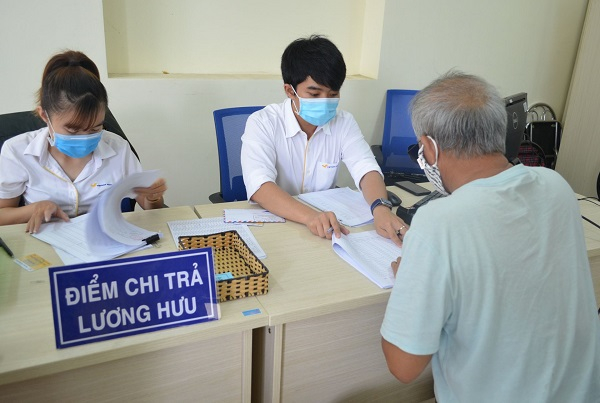
Illustration photo.
On June 29, 2023, the Government issued Decree No. 42/2023/ND-CP adjusting pensions, social insurance benefits and monthly allowances, and the Ministry of Labor, War Invalids and Social Affairs issued Circular No. 06/2023/TT-BLDTBXH guiding the adjustment of pensions, social insurance benefits and monthly allowances. Vietnam Social Security widely announced the provisions of the new policy as soon as Decree No. 42/2023/ND-CP was issued. However, Decree No. 42/2023/ND-CP and Circular No. 06/2023/TT-BLDTBXH both take effect from August 14, 2023. As the agency implementing the policy, the social insurance sector is not allowed to pay the new benefit level before the effective date of the Decree.
To ensure that pensioners, social insurance beneficiaries and monthly beneficiaries receive the new benefits as soon as possible, without having to travel many times, the Social Insurance sector has sent a document reporting to the Ministry of Labor - Invalids and Social Affairs and organized the payment period for August 2023 from August 14, 2023 (the first day the Decree takes effect) and clearly stated the amount of money the beneficiary is entitled to in the List of pension and social insurance benefits payments (C72a-HD) so that beneficiaries know their additional amount (July and August 2023).
Second, regarding the content "Voters propose that the preservation of the Social Insurance Fund should be managed seriously and strictly":
Investment activities of insurance funds are regulated in the Law on Social Insurance, the Law on Health Insurance, the Law on Employment and Decree No. 30/2016/ND-CP dated April 28, 2016 of the Government detailing investment activities from social insurance, health insurance and unemployment insurance funds. Fund investment activities of Vietnam Social Security are carried out according to the principle of "ensuring transparency, safety, efficiency and recovery of investment capital". Investments are closely monitored and accounted for according to the guidance of the Ministry of Finance in Circular No. 102/2018/TT-BTC dated November 14, 2018 on Social Insurance Accounting Guidance.
Based on the annual revenue and expenditure of the Social Insurance, Health Insurance and Unemployment Insurance funds, Vietnam Social Security develops an investment plan and submits it to the Social Insurance Management Board for approval. In recent years, Vietnam Social Security has always made investments in accordance with the investment plan approved by the Social Insurance Management Board, ensuring that the investment ratio in the form of purchasing government bonds is not lower than 80% of the total outstanding investment debt, ensuring contribution to macroeconomic stability while preserving and growing insurance funds, and investment profits fulfilling the targets assigned by the Prime Minister. In accordance with Resolution 09/2021/UBTVQH15 dated December 8, 2021 of the National Assembly Standing Committee on social insurance and unemployment insurance management costs for the period 2022-2024, every year, Vietnam Social Security is audited by the State Audit Office; including the content on preserving the Social Insurance Fund.
Third, regarding the content "Voters request that cases of businesses evading social insurance payments for employees must be strictly handled":
In recent years, the Vietnam Social Insurance Industry has resolutely and synchronously implemented many solutions to urge the recovery of late payment of social insurance, health insurance, and unemployment insurance such as: Investigation, survey, grasp, classification to have appropriate solutions for each unit, propaganda, dialogue, urging, inspection, examination, sanctioning of administrative violations, publicizing identities, going to the police agency, recommending investigation, prosecution according to the provisions of the Penal Code 2015; at the same time, taking advantage of the support of local Party committees and authorities at all levels and coordinating with the Labor - Invalids and Social Affairs, Tax, Police, Planning - Investment, Press, Media and related socio-political organizations in implementing solutions to reduce the amount of late payment. Therefore, the ratio of late payment compared to the amount to be collected has gradually decreased over the years. If in 2016 this rate was 3.75%, by the end of 2022 it will decrease to 2.91%, the lowest ever.
The Vietnam Social Insurance sector is also determined in specialized inspections, coordinating inter-sectoral inspections and examinations on social insurance, unemployment insurance, and health insurance payments, handling administrative violations, and preparing files to propose prosecution for violations of social insurance, unemployment insurance, and health insurance payments. Specifically, in the period 2016-11/15/2023, the Vietnam Social Insurance sector issued more than 4,252 decisions to sanction administrative violations of social insurance, unemployment insurance, and health insurance payments with a fine of VND 217.9 billion; in the period 2018 (Penal Code in effect) - October 2023, 378 files were prepared and sent to competent authorities to investigate and prosecute acts with signs of crime as prescribed in Article 216 of the Penal Code.
In particular, in 2023, Vietnam Social Security coordinated with the Department of Internal Political Security and the Office of the Ministry of Public Security to conduct interdisciplinary inspections of compliance with the law on social insurance, unemployment insurance and health insurance contributions of enterprises in Ho Chi Minh City and Ba Ria-Vung Tau province with the aim of detecting units with signs of late payment or evasion of social insurance, unemployment insurance and health insurance contributions, establishing records as a basis for handling violations, and at the same time clarifying difficulties and problems regarding policies and mechanisms and legal provisions related to late payment and evasion of payment to make recommendations and proposals to competent authorities to improve policies.
Despite the drastic implementation of the above measures, the situation of late payment and evasion of social insurance, health insurance and unemployment insurance still occurs, affecting the rights of employees, due to a number of main reasons such as: Awareness of compliance with the law on social insurance, health insurance and unemployment insurance of many employers is not strict; lack of attention to the rights of employees; enterprises face many difficulties in production and business, due to natural disasters, epidemics, the impact of the global economic recession... Up to now, no enterprise has been criminally prosecuted for the act of evasion of social insurance, health insurance and unemployment insurance, mainly due to difficulties in policy mechanisms as well as implementation practices, specifically:
- The reason is from the perspective of law enforcement.
Article 216 of the Penal Code stipulates that the acts constituting the crime of evasion are the acts of “Failure to pay or failure to pay fully as prescribed” and “Having been administratively sanctioned for this act but still violating”. However, when applying the provisions to handle criminal cases, there are still many different opinions: (1) there is a view that: the act that has been sanctioned is the act of “failure to pay or failure to pay fully as prescribed” (2) another view determines: the act that has been sanctioned must be the act of “evasion of payment” and the administrative sanction for evasion of payment is one of the conditions for prosecution for this crime.
- Caused by difficulties in determining violations.
Social insurance agencies are facing many difficulties in identifying acts of evasion of payment to impose administrative sanctions. Although administrative sanctions for acts of evasion of payment have been stipulated in Point a, Clause 7, Article 39 of Decree No. 12/2022/ND-CP and Clause 2, Article 80 of Decree No. 117/2020/ND-CP, there is no document clearly defining the concept of "evasion of payment", so there is no basis for determining the fault factor to impose administrative sanctions for acts of "evasion of payment" as a basis and premise for criminal handling.
In reality, currently, in the process of handling administrative violations, the Social Insurance agency can only determine that the number of people participating in Social Insurance, Unemployment Insurance, Health Insurance is not paid or not enough is paid, and that the Social Insurance, Unemployment Insurance, Health Insurance is not paid at the prescribed level... but there are not enough tools and methods (like the investigation agency) to determine whether such acts are evasion of payment or not evasion of payment, and it cannot prove that the person who is obliged to pay Social Insurance, Unemployment Insurance, Health Insurance intentionally and fraudulently and by tricks as guided in Article 2 of Resolution No. 05/2019/NQ-HDTP.
- Problems from subjects being prosecuted for criminal liability.
The constraint of criminal handling of evasion of payment is that the violation continues after being administratively handled. In administrative handling of social insurance, unemployment insurance, and health insurance contributions, the subject of handling is the employer, mostly legal entities (very few employers are individuals). Currently, there are no regulations on administrative sanctions for violations of social insurance and health insurance contributions for managers, operators, and legal representatives of labor-using units. Therefore, if criminal handling is carried out according to Article 216, it must be handled with legal entities (not individuals). Although the regulation that commercial legal entities are the subjects of criminal prosecution is progressive, the criminal handling directed towards this subject is of a general nature and can only apply fines, thus limiting the deterrence and prevention of violations of the law.
Currently, Vietnam Social Security has been actively recommending, proposing and coordinating with competent authorities in the process of supplementing and amending legal regulations related to handling violations of evasion of social insurance, unemployment insurance and health insurance payments, creating consistency between administrative law and criminal law regulations in handling violations by individuals and organizations that are obliged to pay social insurance, unemployment insurance and health insurance.
The draft amended Law on Social Insurance has added a number of contents, clearly regulating the acts of late payment, evasion of payment, increasing penalties for employers who are late in paying or evading social insurance such as: daily fines, cases where administrative measures have been applied but still do not pay or do not pay enough compulsory social insurance premiums for 6 months or more, the use of invoices will be stopped, and the legal representative or person authorized to exercise the rights and obligations of the legal representative will be suspended from leaving the country for 12 months or more, etc. to reduce and limit the situation of late payment and evasion of social insurance to ensure the rights of employees.
Source








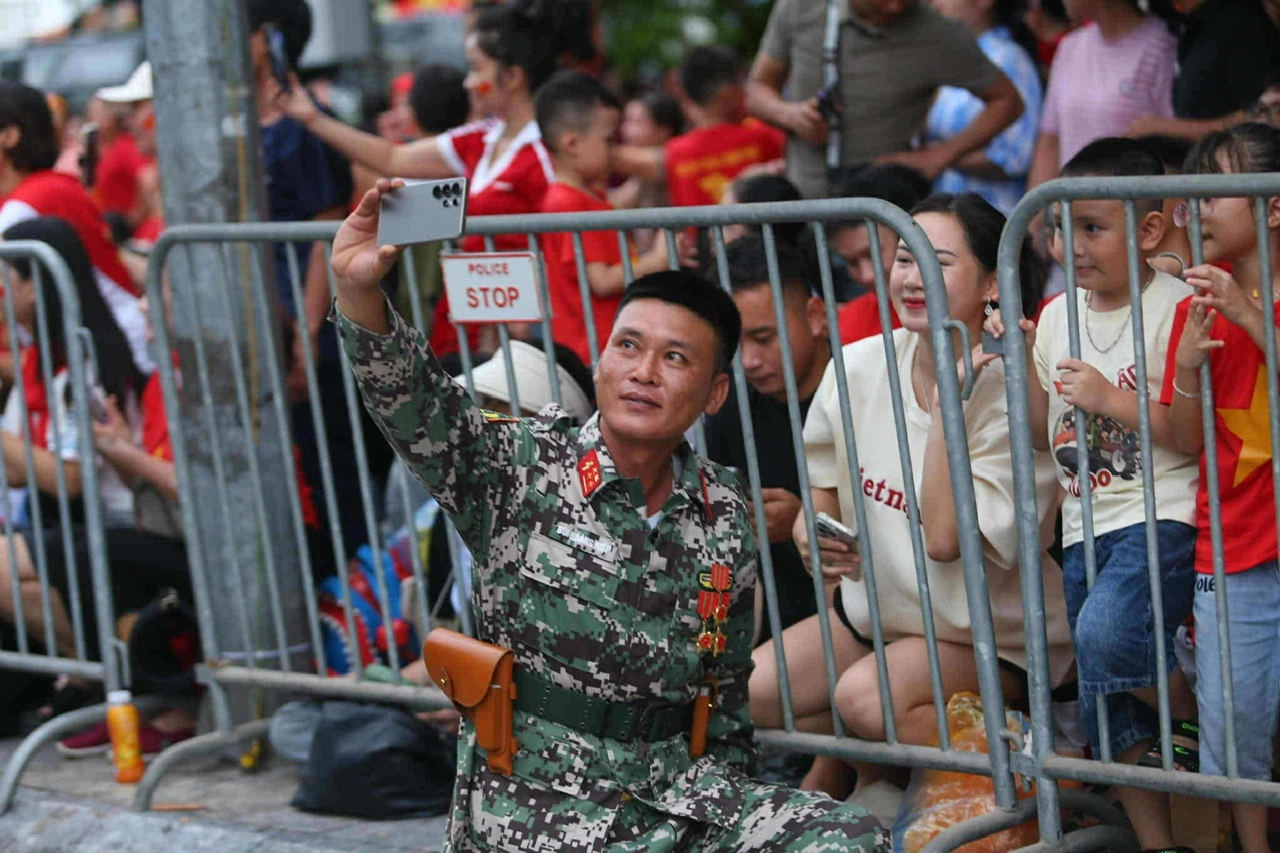
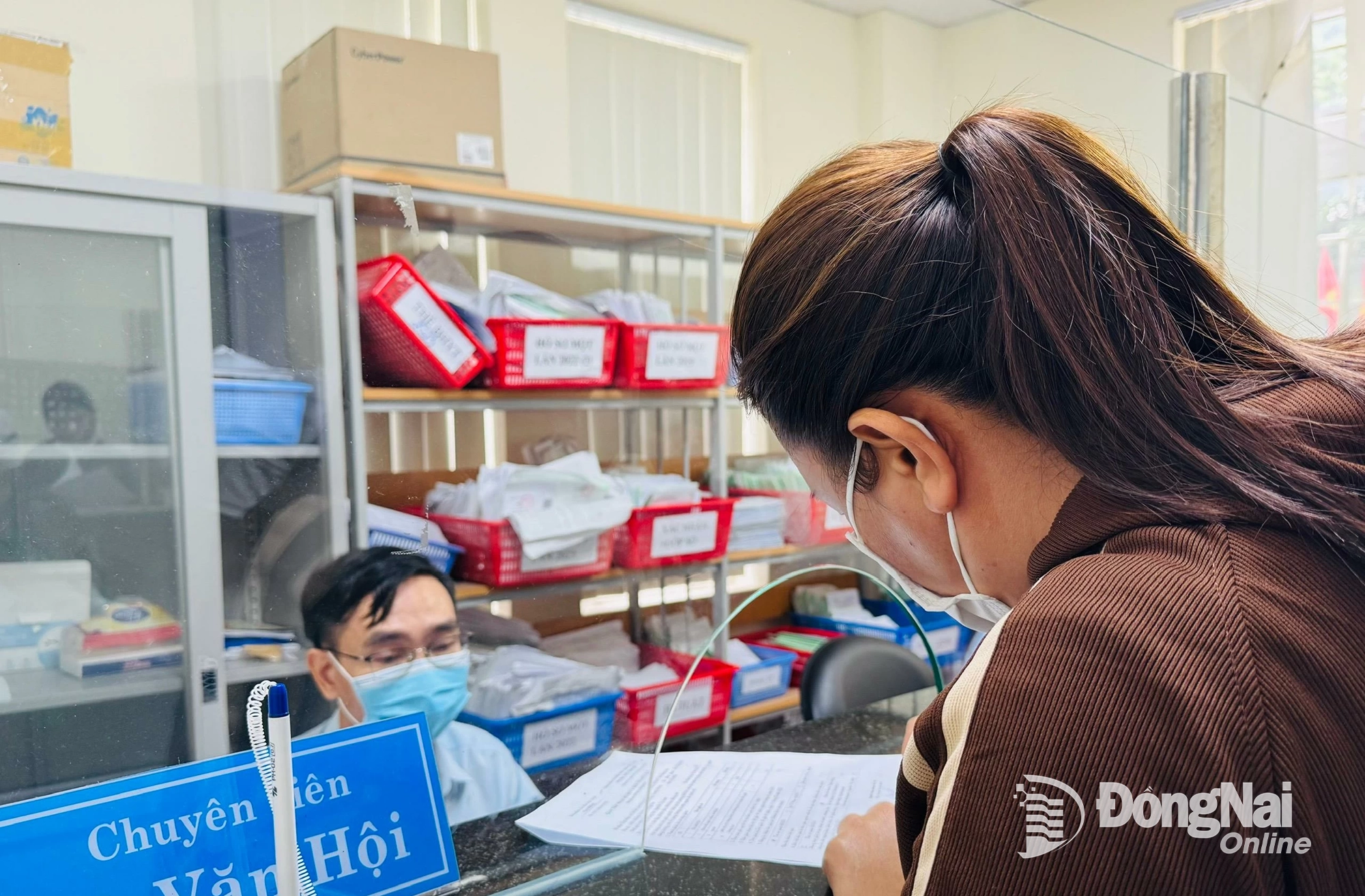

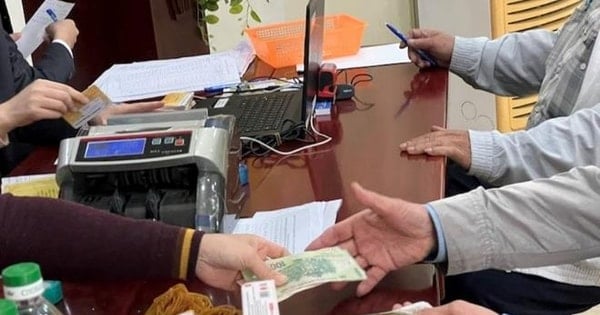

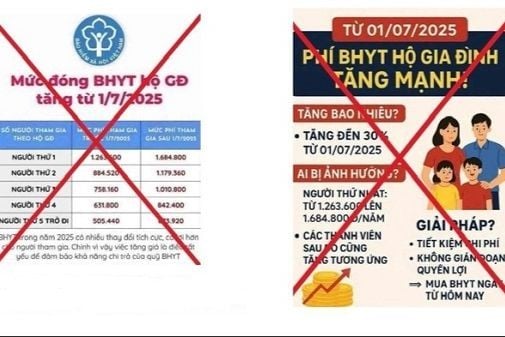

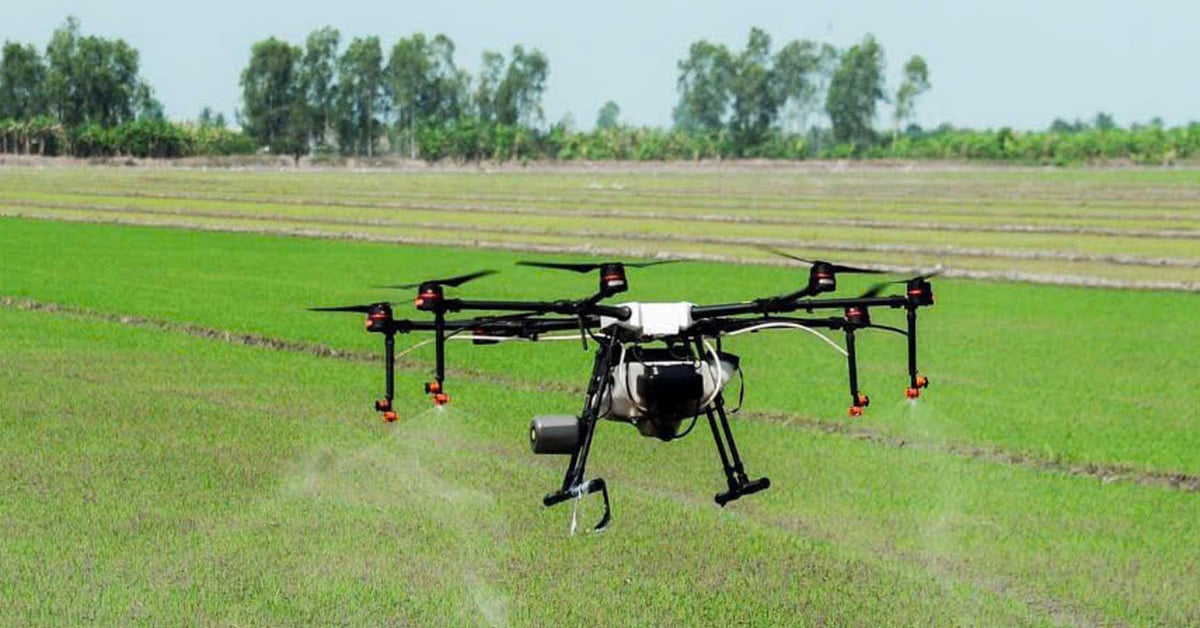


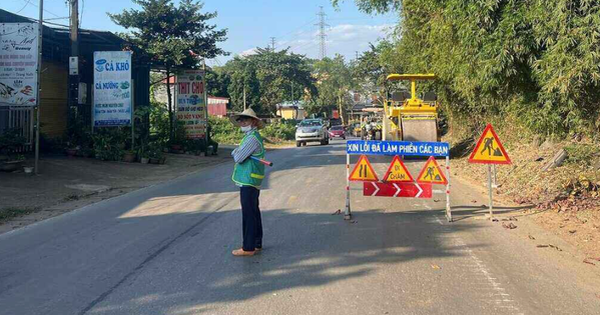






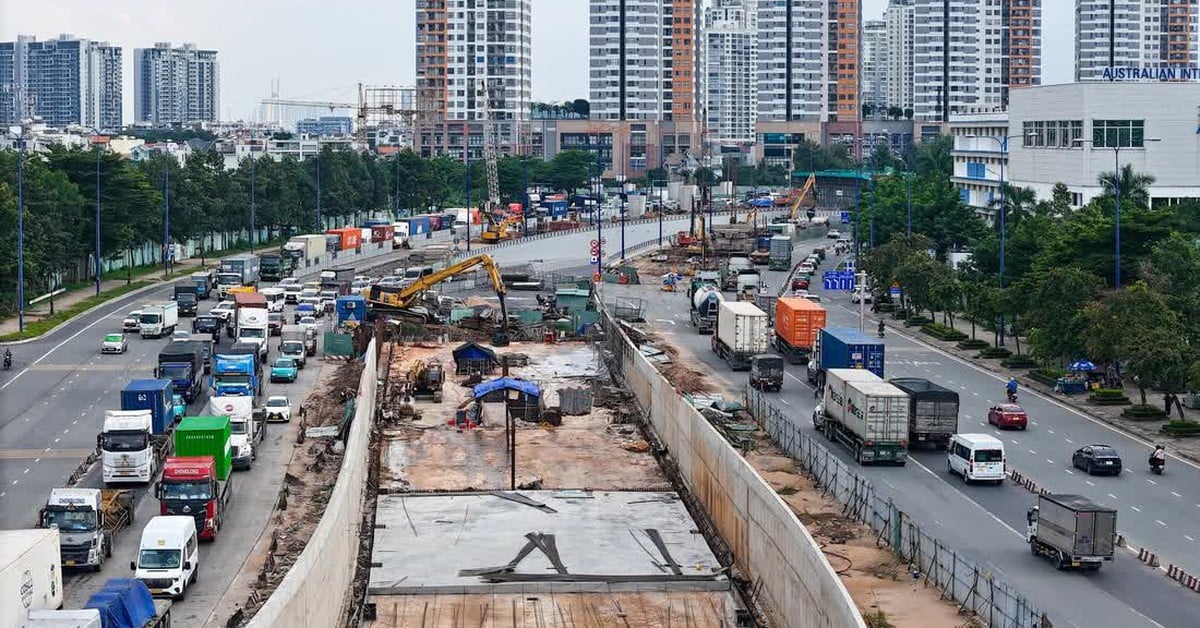
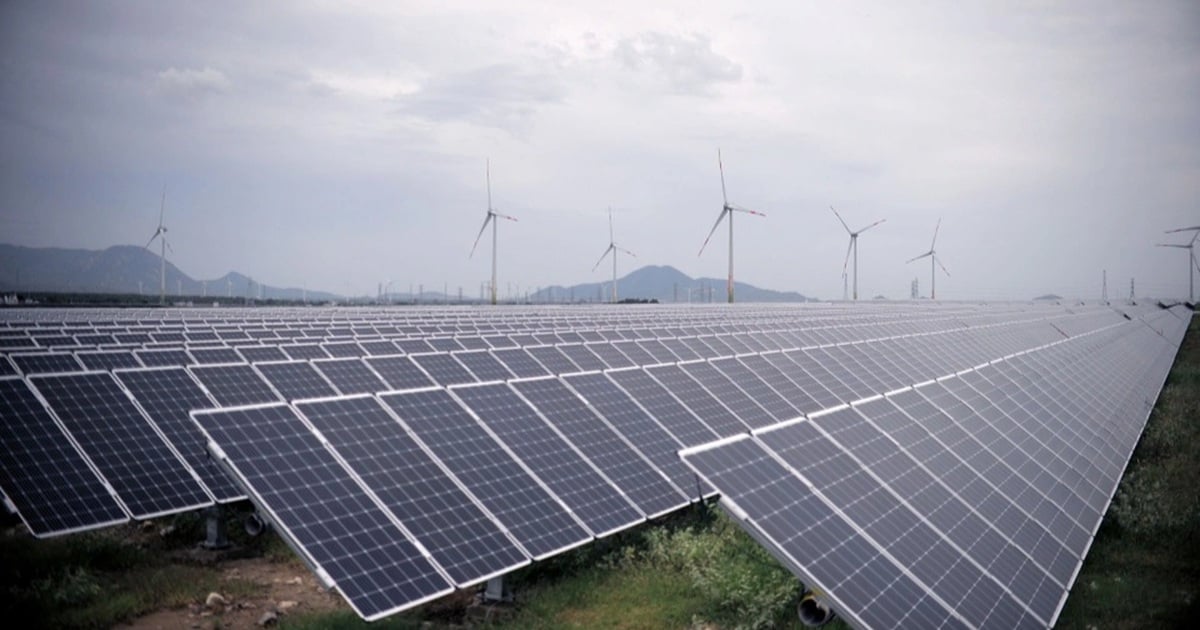

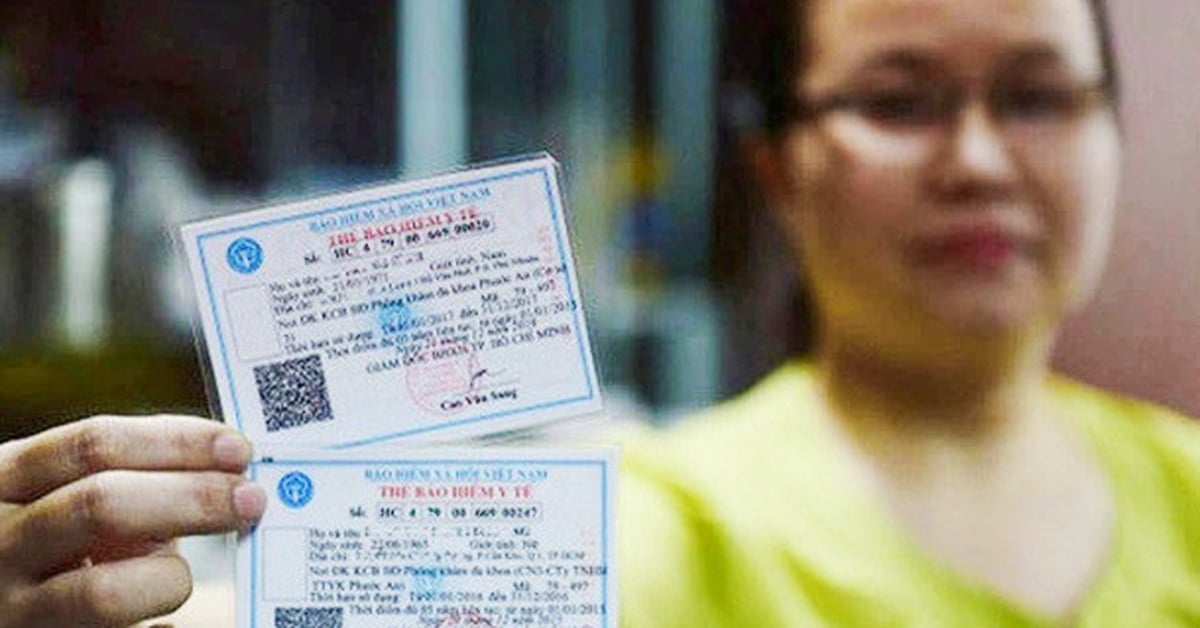




































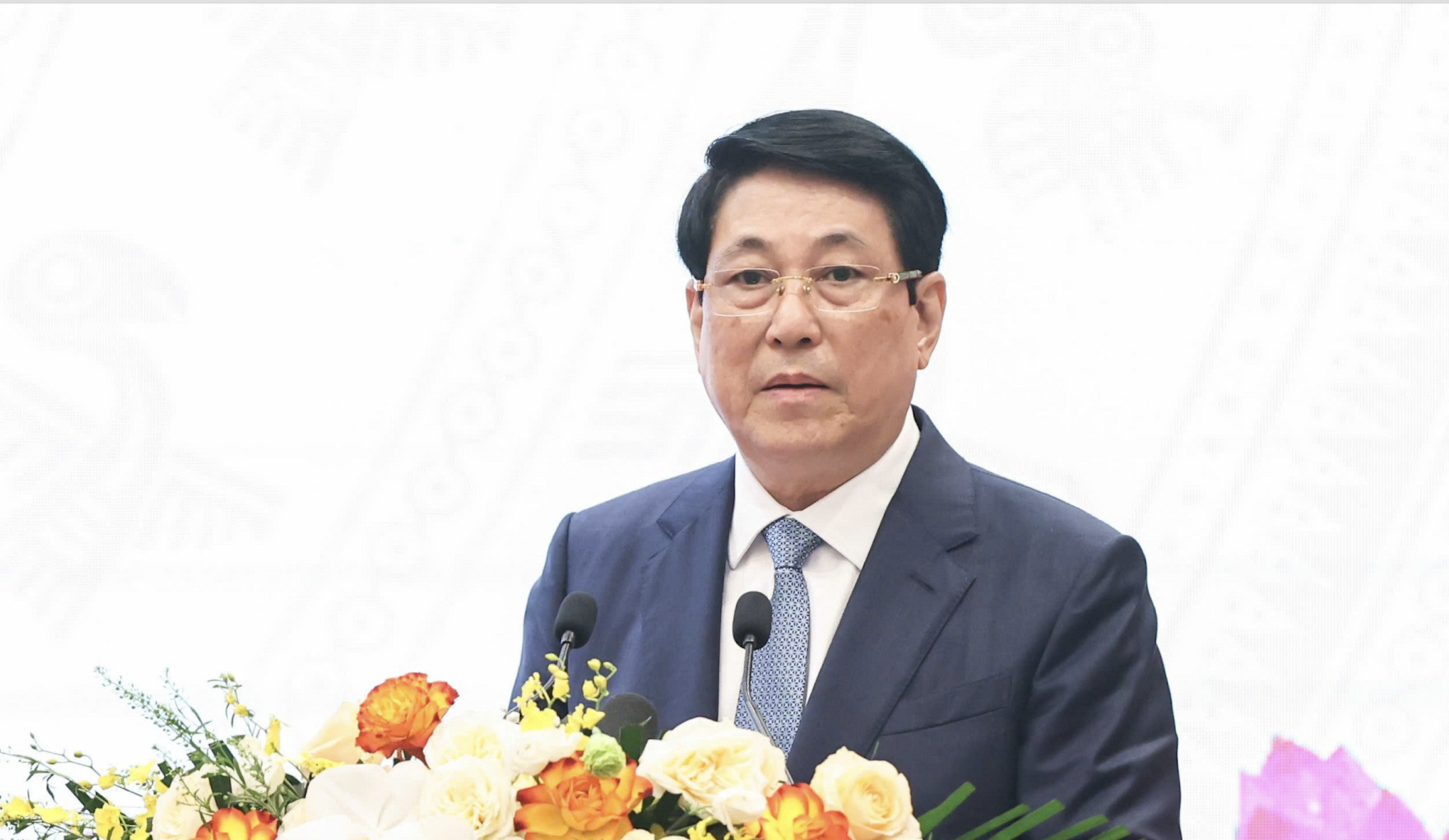






































Comment (0)